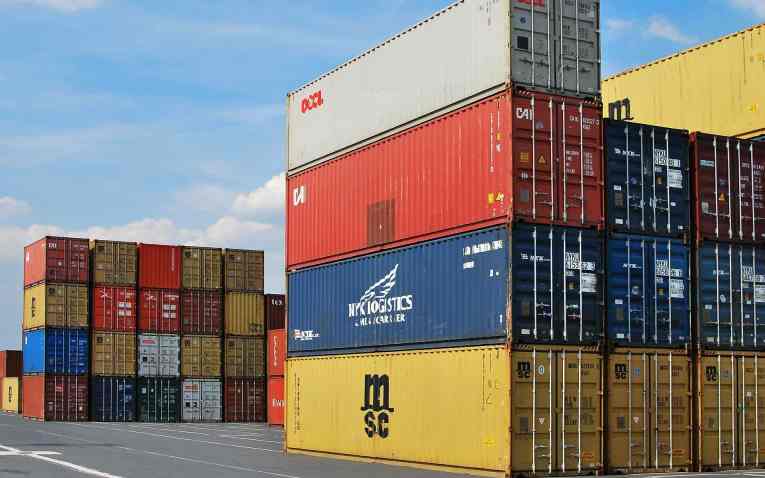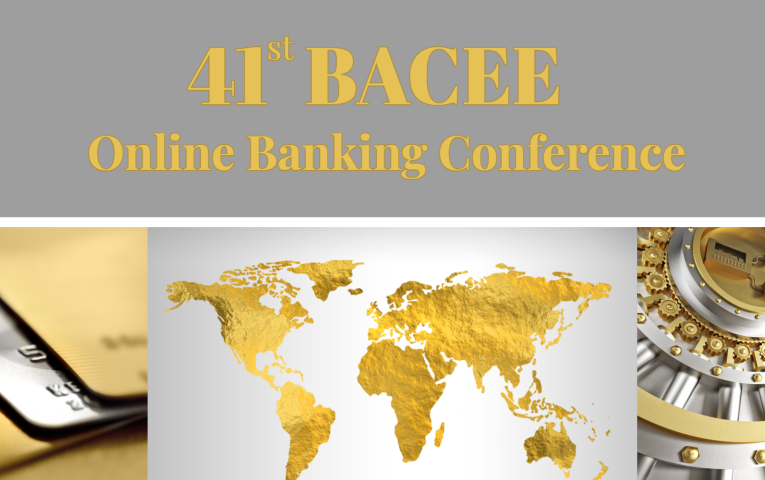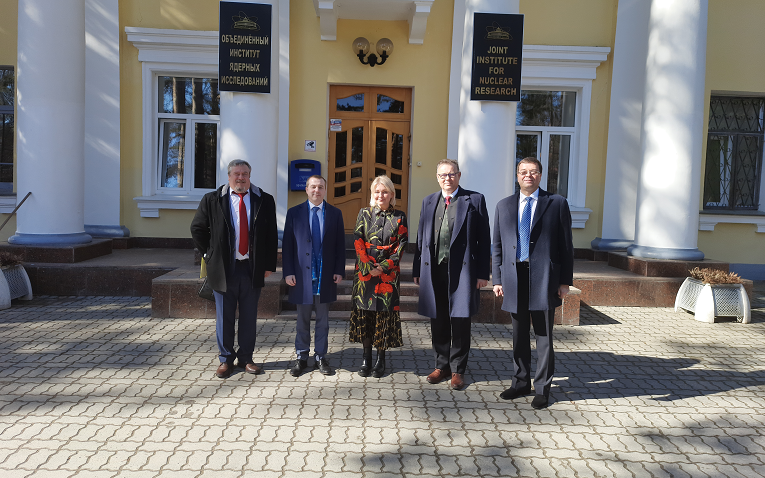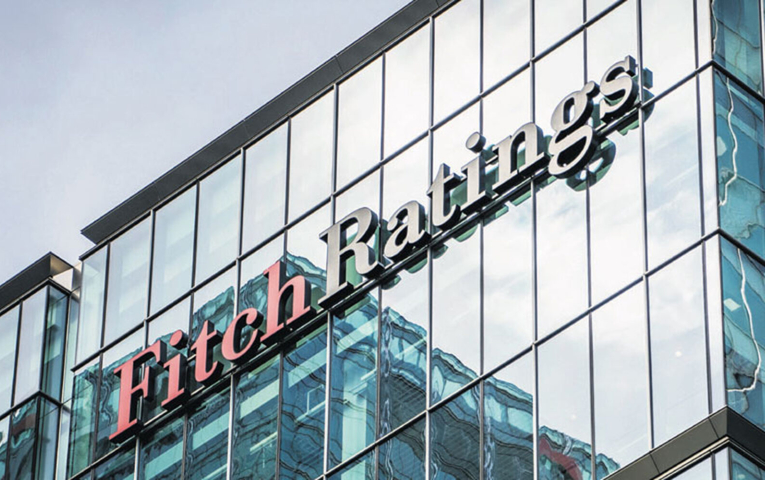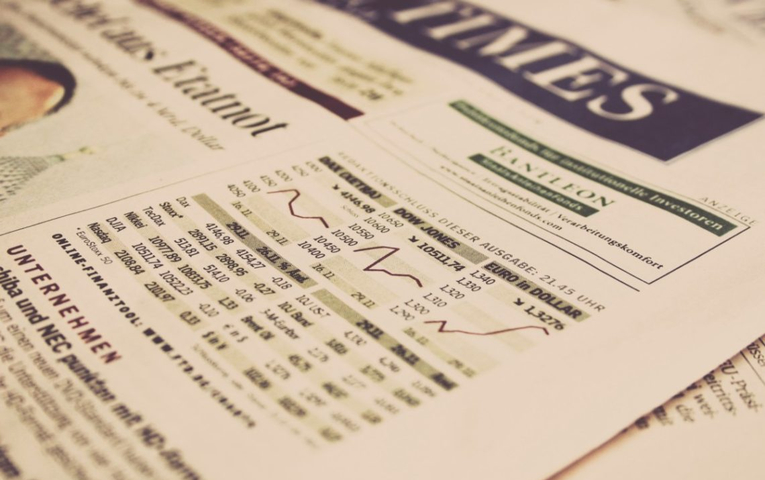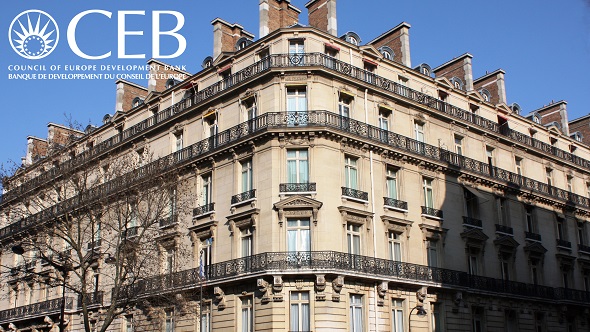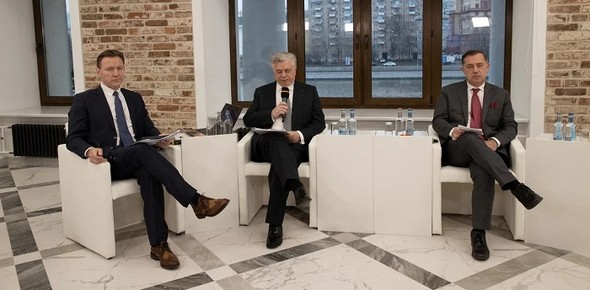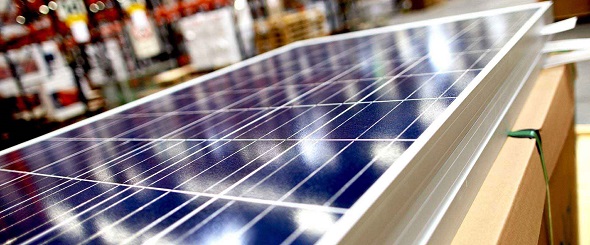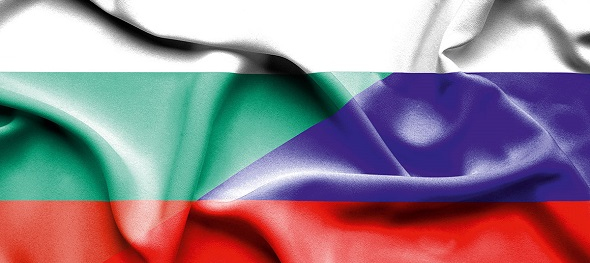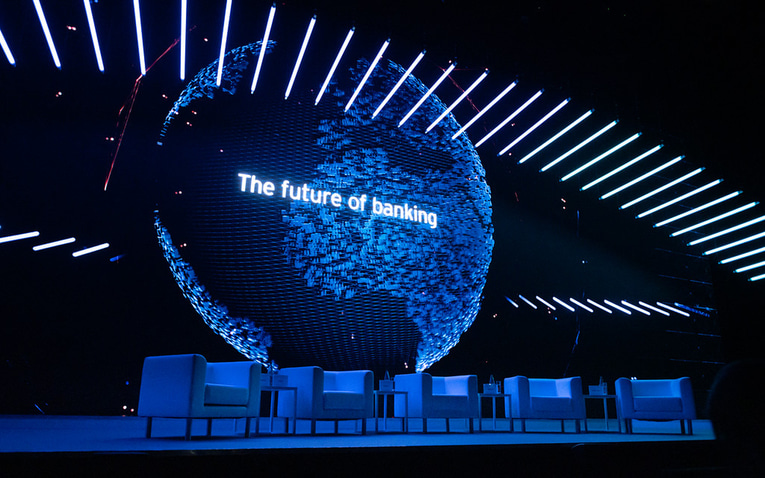On September 3, 2021 Moody’s Investors Service (“Moody’s”) has changed the outlook on the International Bank for Economic Co-operation’s (IBEC) rating from Stable to Positive and has affirmed long-term foreign currency issuer rating at ‘Baa3’.
In its official press release Moody’s outlines that a change of their assessment is driven by strengthening liquid asset buffer as well as ongoing diversification of funding sources and of the loan portfolio. Moody's expects that IBEC leverage will remain favorable relative to peers through its next growth phase.
Despite the fact that the amount of high quality liquid assets is still less than in others multilateral development banks (MDBs), it has materially increased since the assignment of the rating in the beginning of 2020. IBEC high quality liquid asset buffer has more than doubled from 2019 to 2020 and reached EUR 69 million. As a result, Moody’s assessment of the availability of unencumbered high quality liquid resources that would be available in a stress scenario and with minimal loss has improved notably. Moreover, the credit quality of overall treasury portfolio is also continuing to gradually improve, benefitting from an increasing share of issuers from European Union (EU). Rating agency expects that the improvements to the liquid asset buffer will be sustained over the medium term is supported by IBEC’s relatively prudent, albeit still developing, liquidity risk-management framework.
Moody’s notes that the Bank has improved the quality and structure of its funding due to continuing efforts to diversify its liabilities. In particular, the Bank is continuing to gradually establish a track record of market issuances after tapping the Russian bond market in 2019 and 2020. IBEC bond issue on the Bulgarian capital market in June 2021 became the first entry into the EU capital market and attracted a notable share of longer-term investors such as pension funds. And on the 1st day of September the listing of the bond issue started on the Bulgarian Stock Exchange. In addition, a project specific financing agreement in June 2020 with Eximbank of Russia for 11 years is a further sign of the Bank’s improving ability to attract longer-term funding.
The diversification of funding has supported a gradual lengthening in the maturity of IBEC funding structure, with long-term borrowings accounting for around 50% as at end June 2021, up markedly since the end of 2018 when funding was predominantly on a short term basis.
Moody’s expects that IBEC leverage will remain favorable relative to peers through the institution’s next growth phase and continue to support the Bank’s relatively strong capital position. Furthermore, the continuing diversification of the loan portfolio is helping to reduce concentration risks.
IBEC has seen a rapid expansion in its business activities and lending portfolio since its relaunch in 2018. According to the new development strategy Bank plans to increase loan and documentary portfolio to EUR 728 million by 2025 from EUR 418 million at the end of 2020. The emphasis will be to grow IBEC trade finance and settlement operations, alongside a significant role for direct and syndicated lending. At the same time Bank's capital adequacy ratio is expected to fall to around 35% by 2025, still above the internal limit of 25%.
Rating agency outlines continuing diversification of IBEC loan portfolio. Notably, both geographical and sectoral diversification have improved alongside the rapid expansion of the Bank's operations. The share of Russia in the total loan and documentary portfolio has more than halved since 2018. Furthermore, according to Moody's estimates, the Bank's top 10 exposures accounted for 57% of total development related assets on a gross basis at the end of 2020, down from 88% in 2018, and Moody's expects concentration risks in the portfolio will continue to decline during the next phase of IBEC development.
Moreover, Moody's expects Bank's improved risk management practices, which have been gradually enhanced since the relaunch and tested to some extent by the disruptions engendered by the pandemic, will support the Bank in managing the risks to leverage and asset quality associated with the continued expansion of its loan portfolio.
Moody's affirmation of IBEC' Baa3 issuer rating balances its relatively strong capital position with the Bank's gradually improving development asset credit quality and the risks to IBEC asset performance from a challenging operating environment.
«This is the third rating action this year. Earlier, in early March, the rating agency Fitch upgraded IBEC's rating to ‘BBB’, ACRA confirmed the highest level of the Bank's rating on the national scale. Moody’s positive revision of the IBEC rating outlook reflects the continued successful development of the Bank, and also confirms its high solvency and sustainability», – the Chairman, Denis Ivanov commented.
IBEC has the following credit ratings:
- ‘Ваа3’ from Moody’s with a positive outlook (03/09/2021)
- ‘BBB’ from Fitch with a stable outlook (09/03/2021)
- ‘А-’ / ‘AAA(RU)’ from ACRA with a stable outlook (27/04/2021)
 Ru
Ru Bằng tiếng việt
Bằng tiếng việt
 Mongoloor
Mongoloor

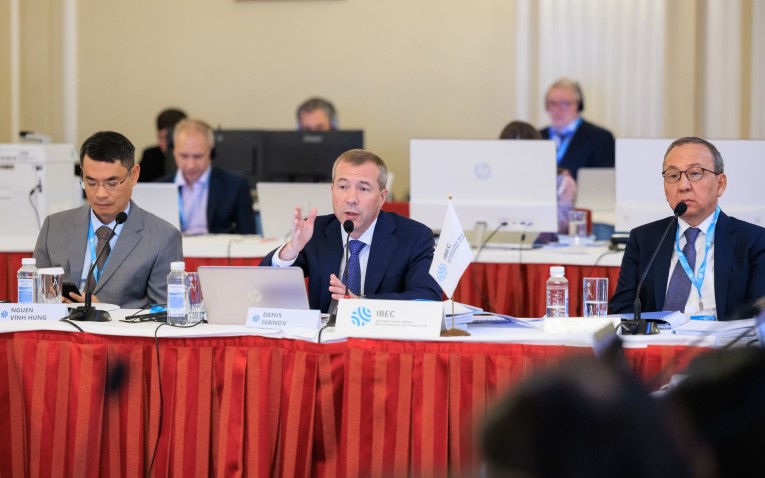

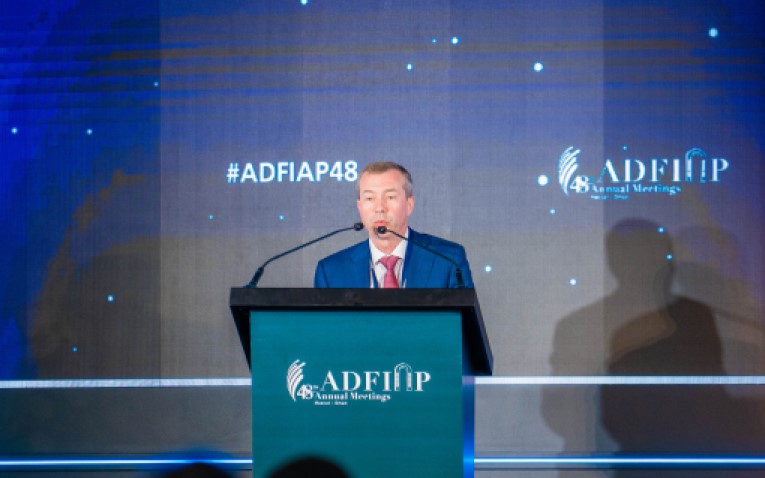



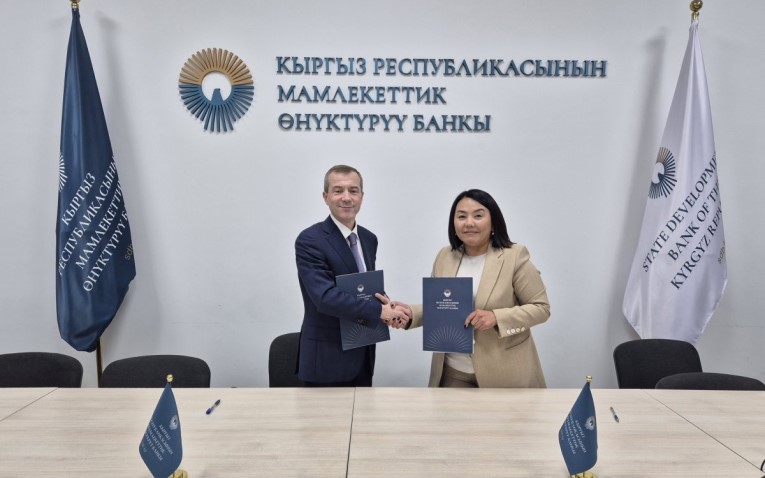





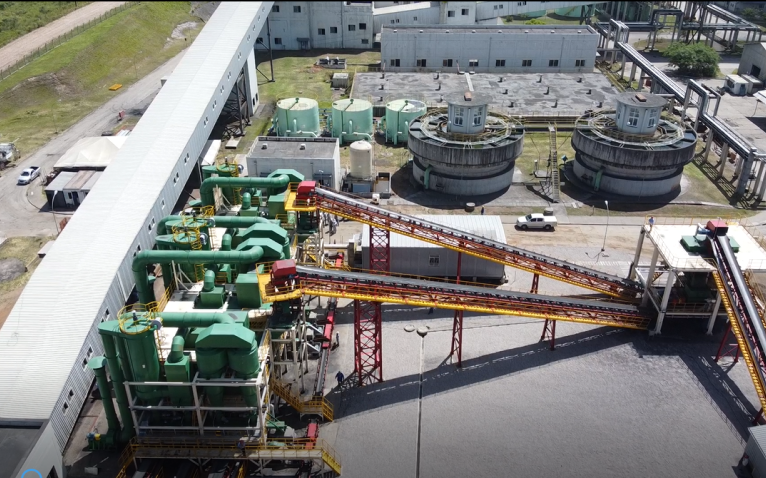


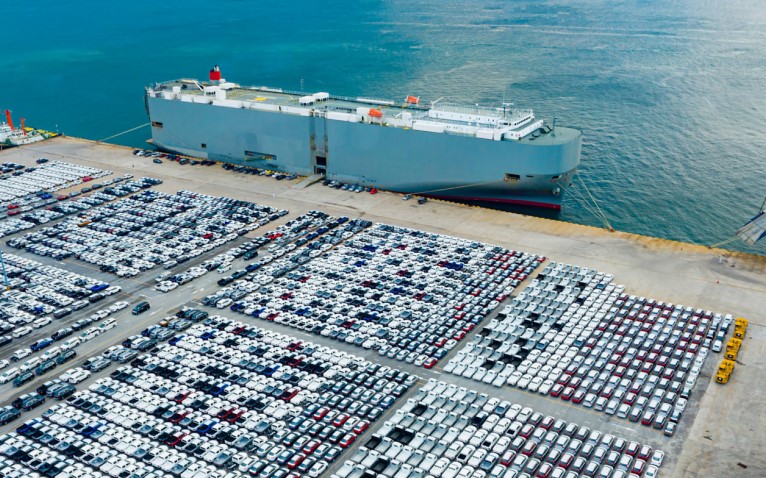
 765X478.jpeg)




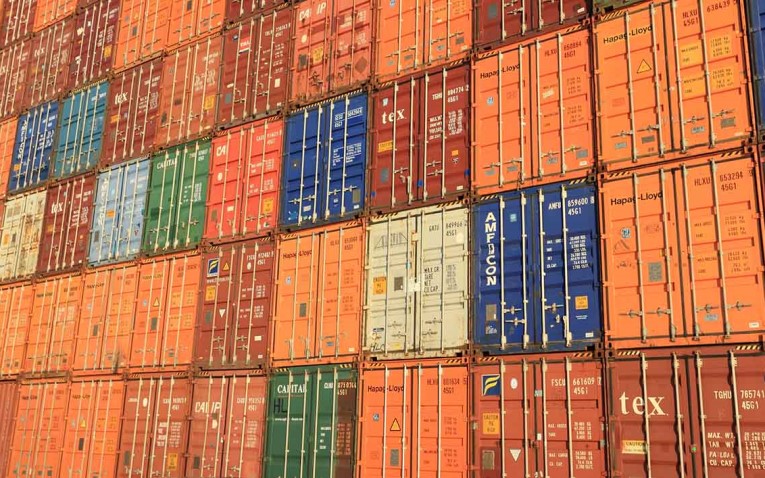
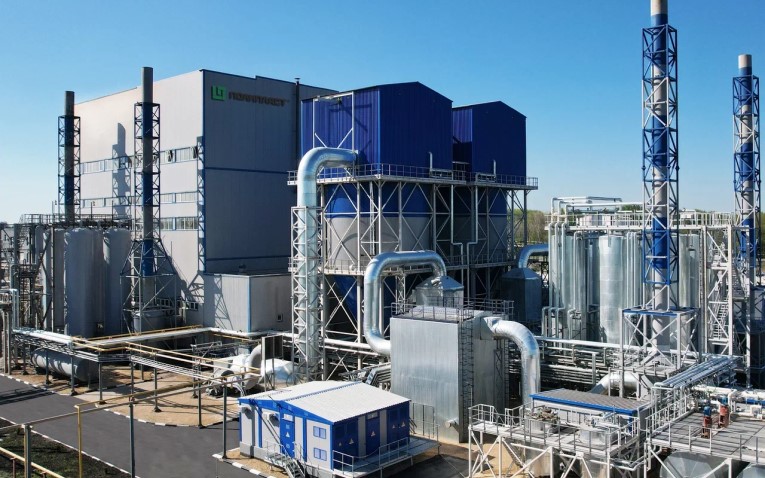





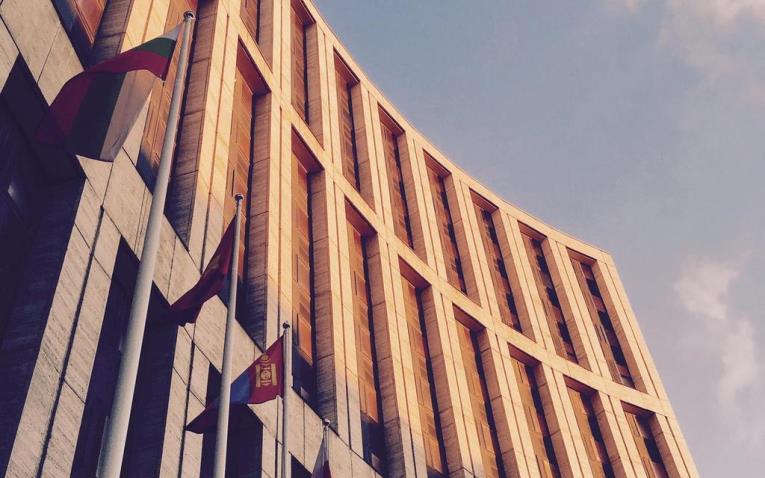



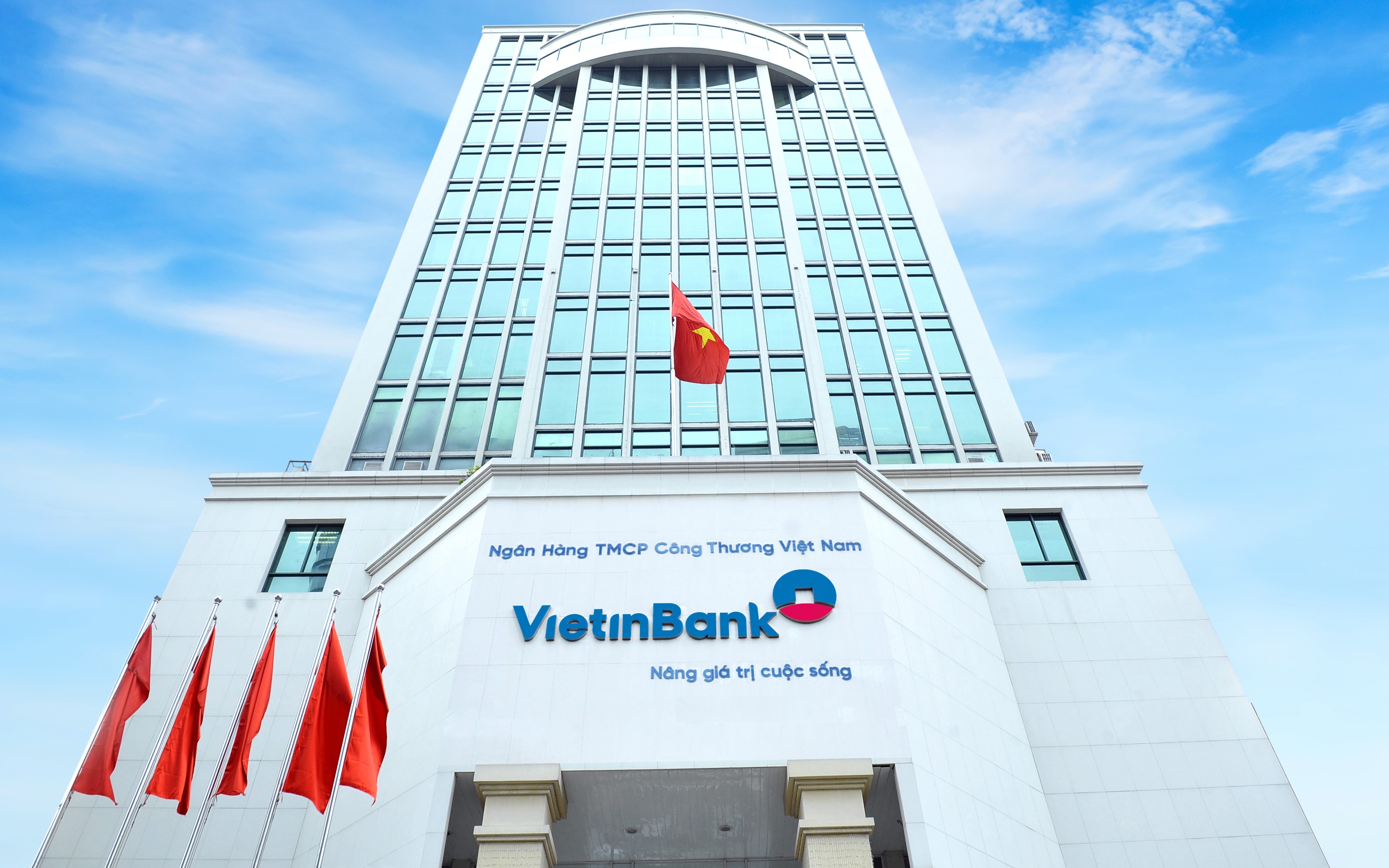
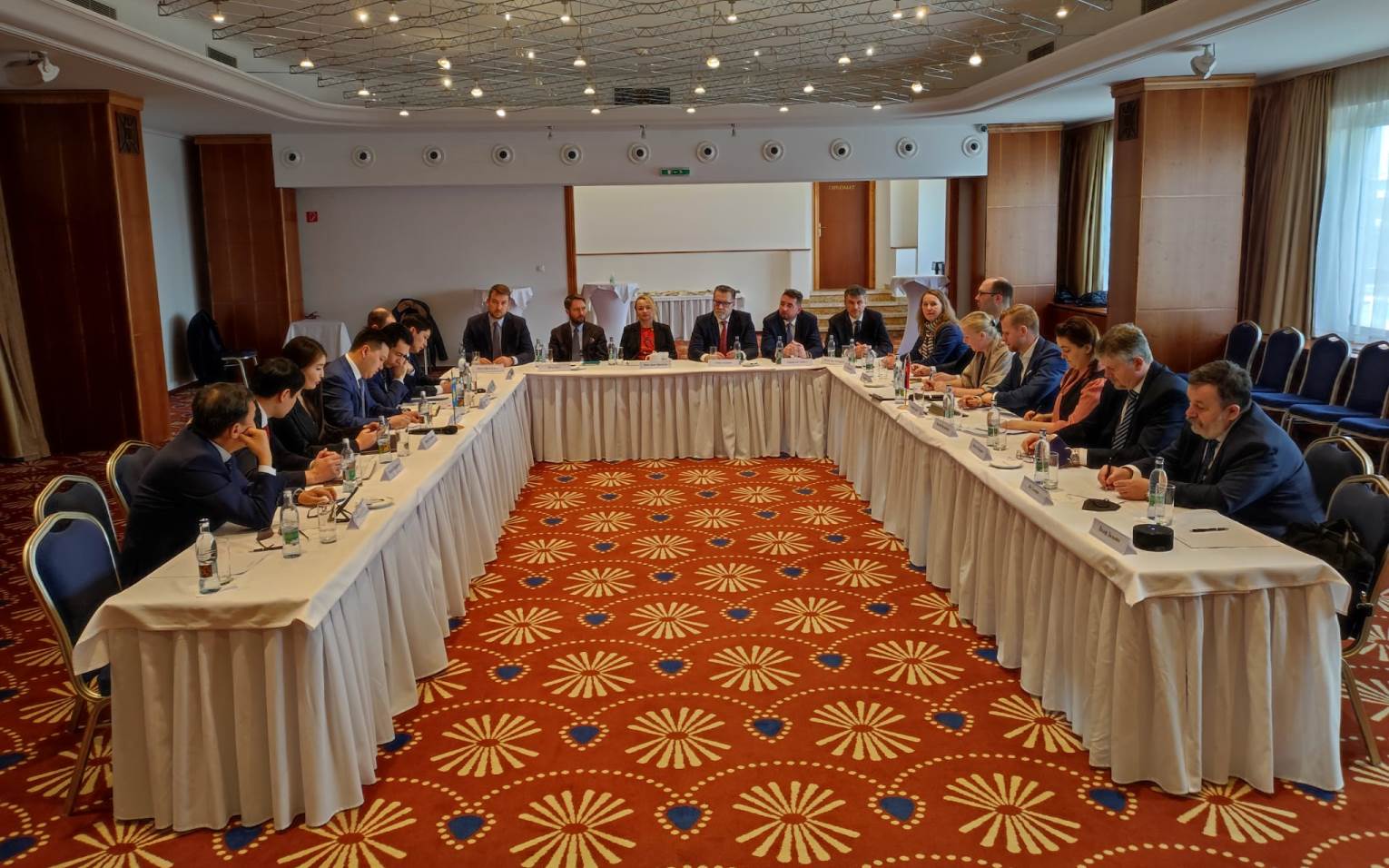
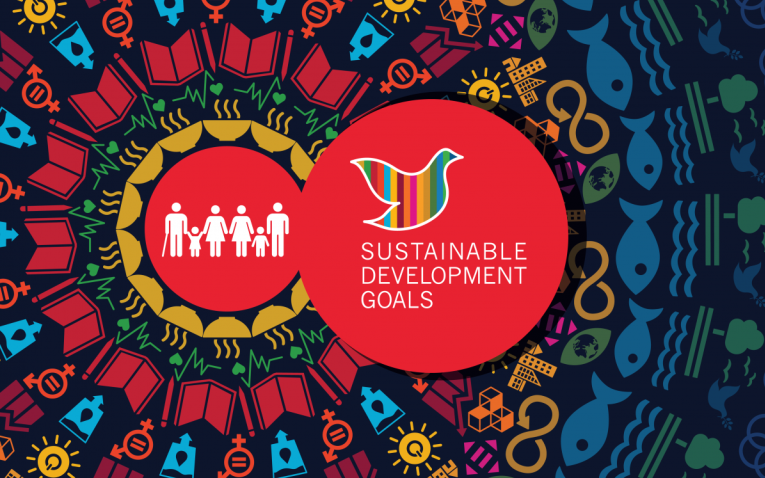

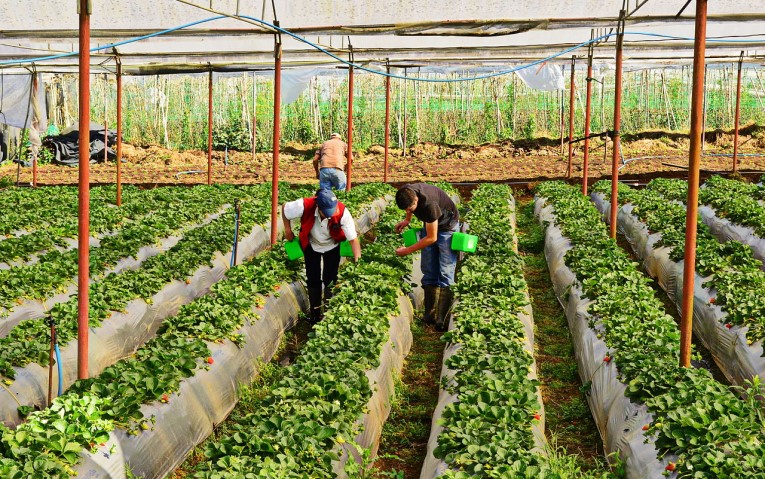

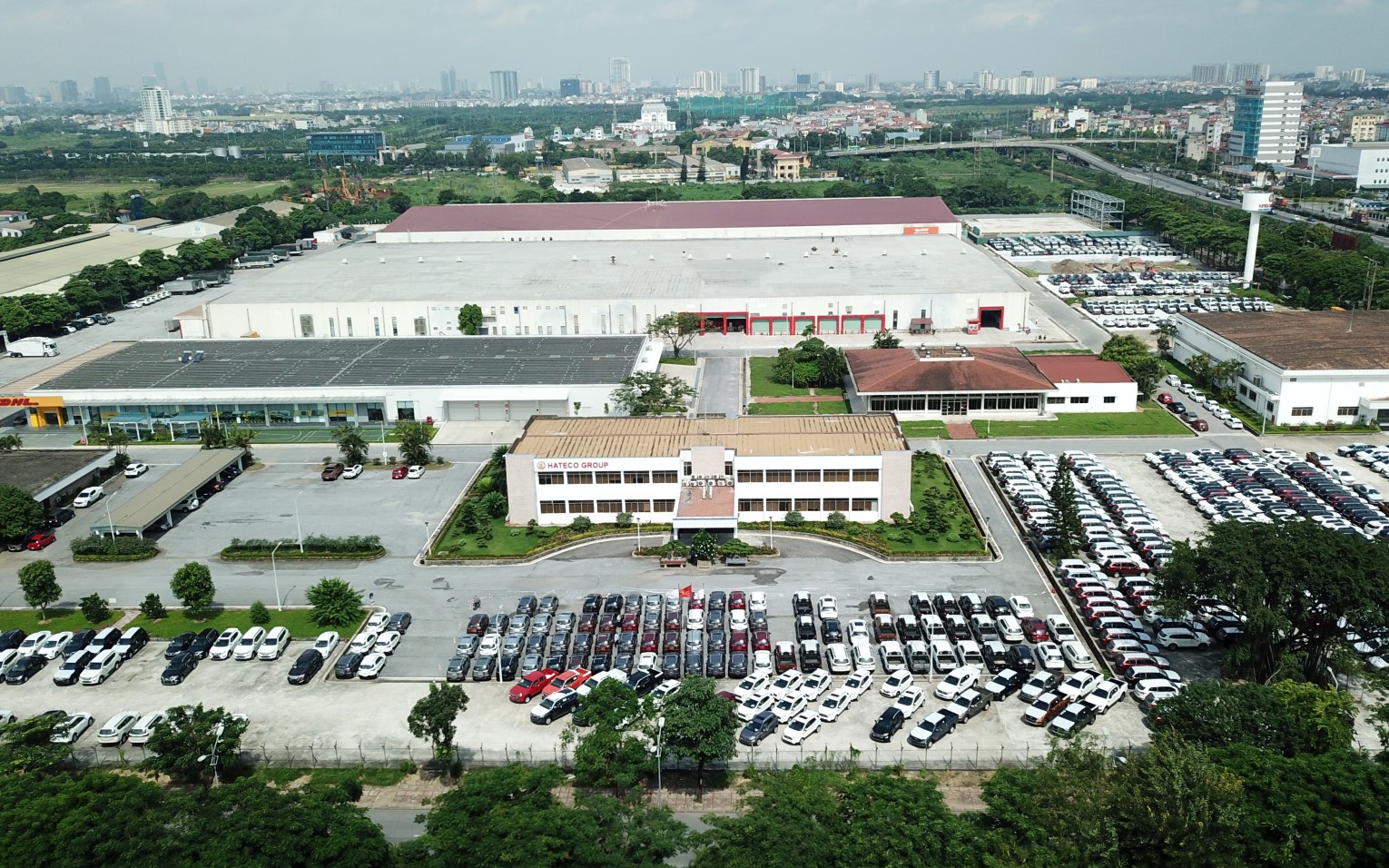

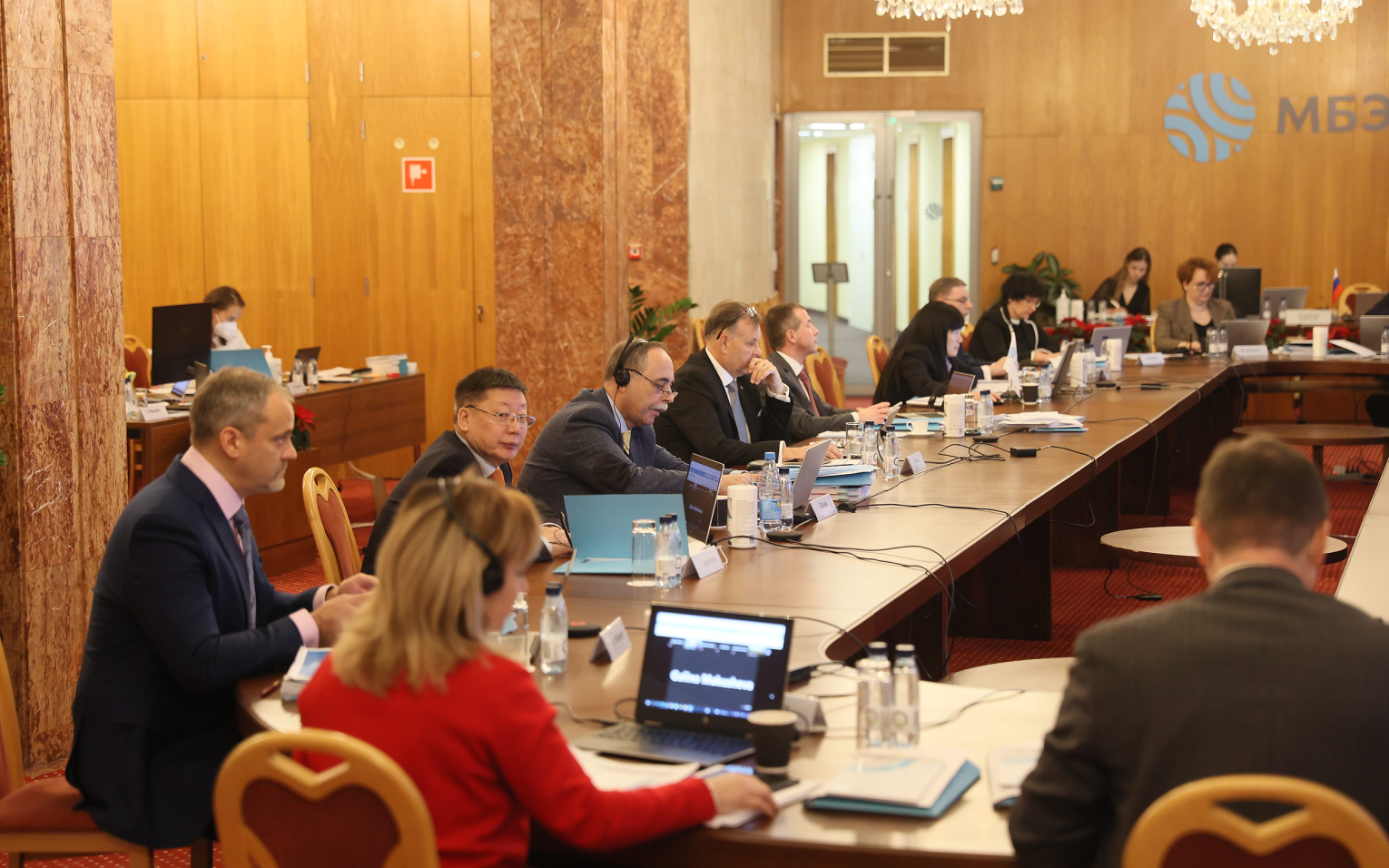



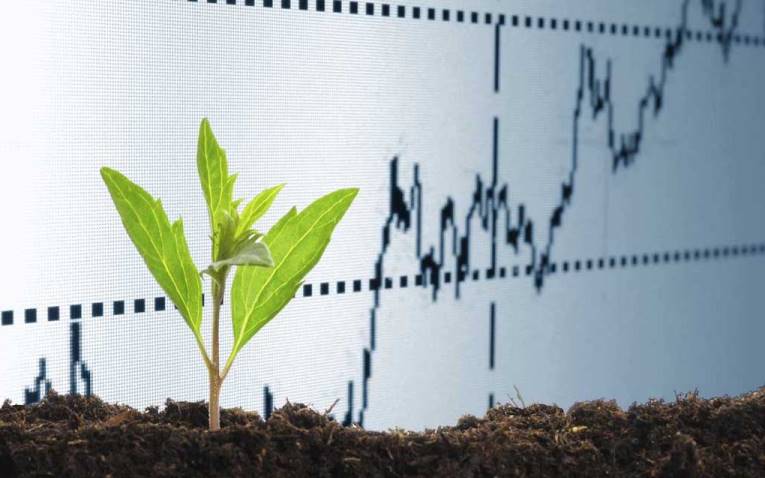
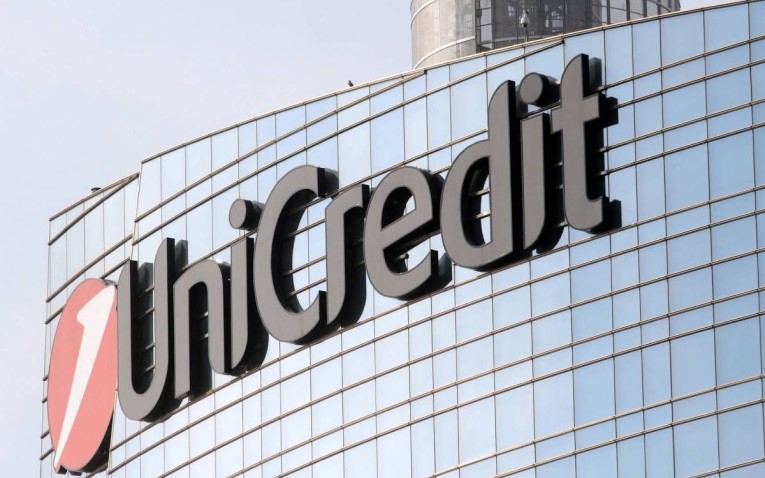
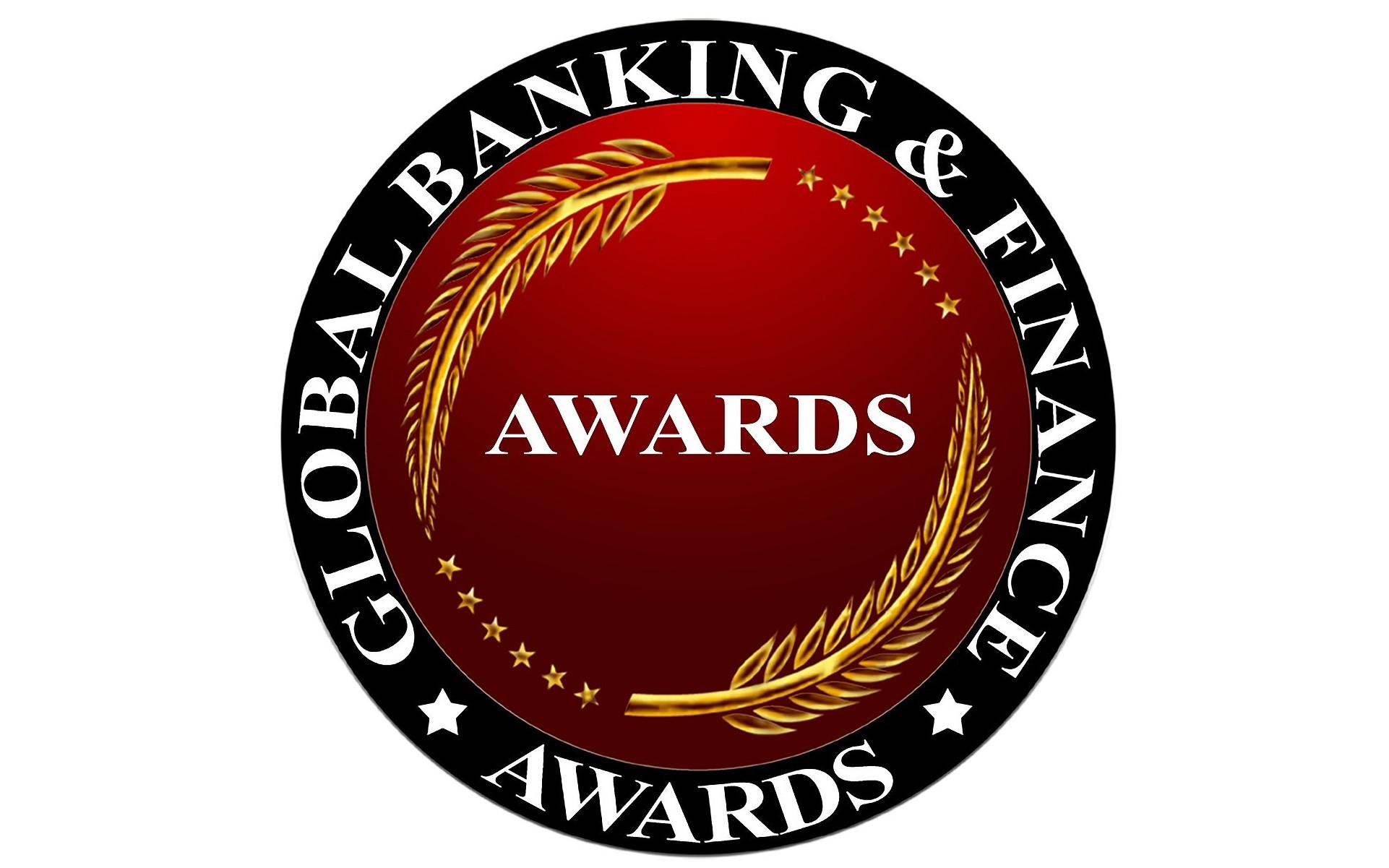





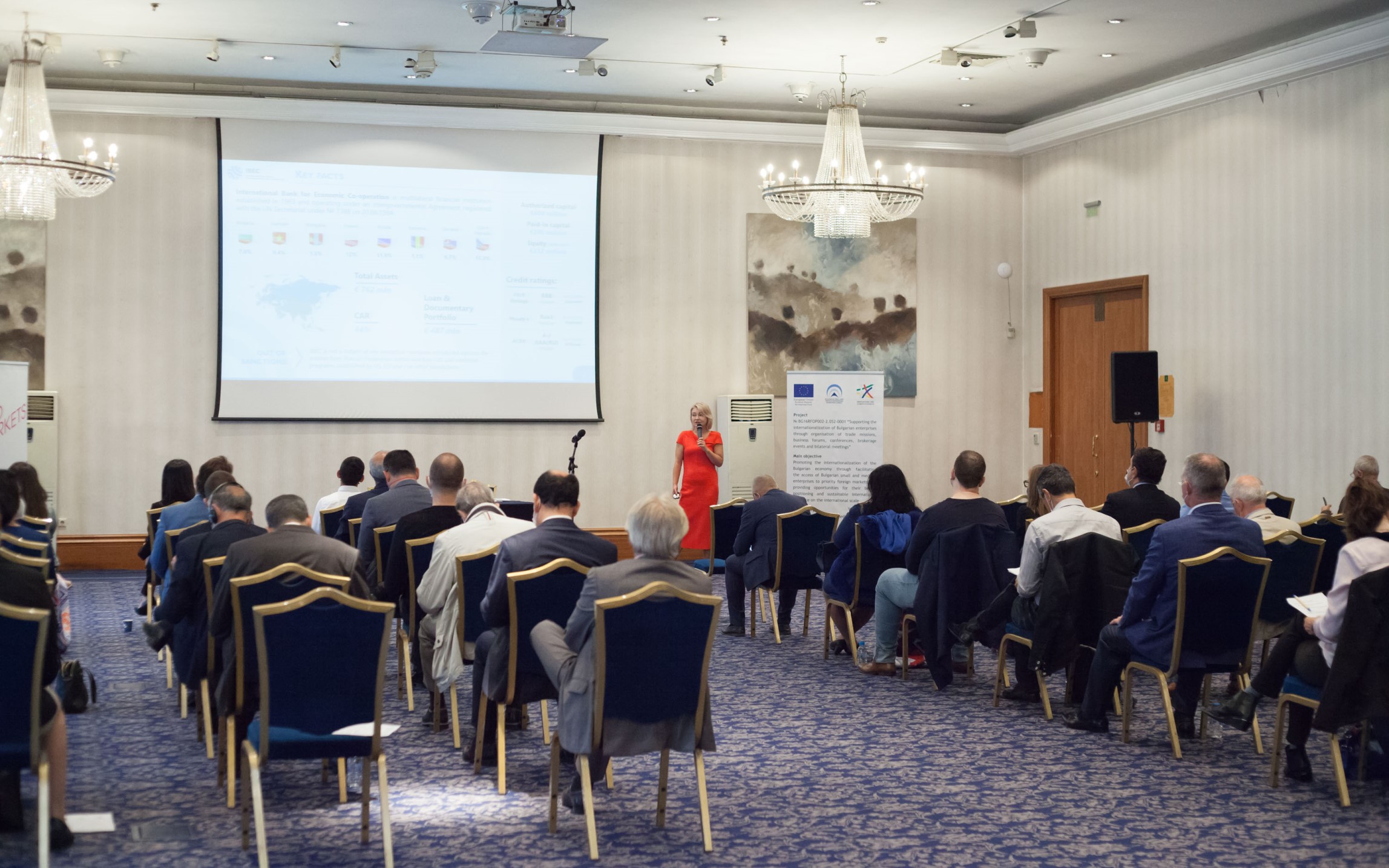

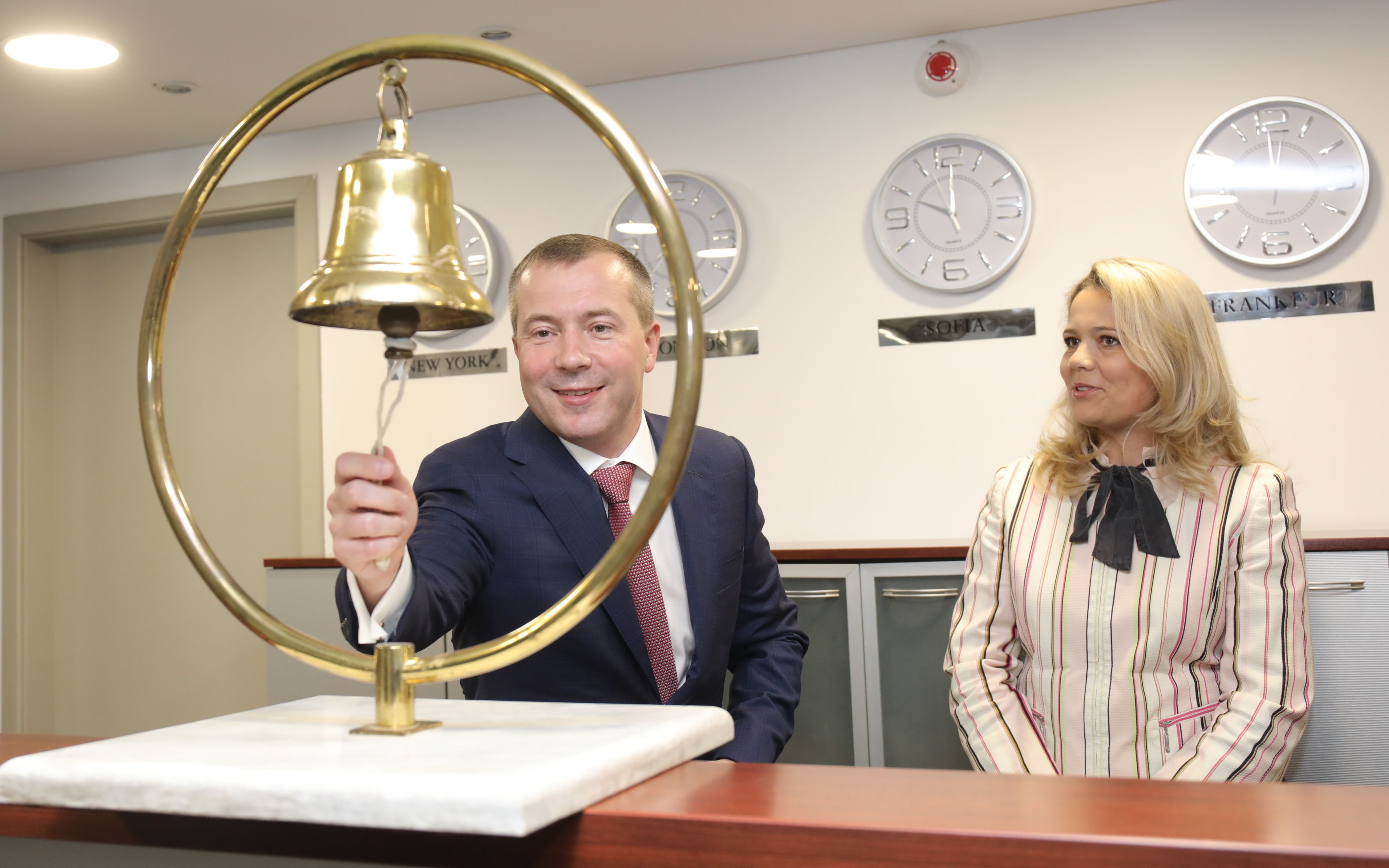



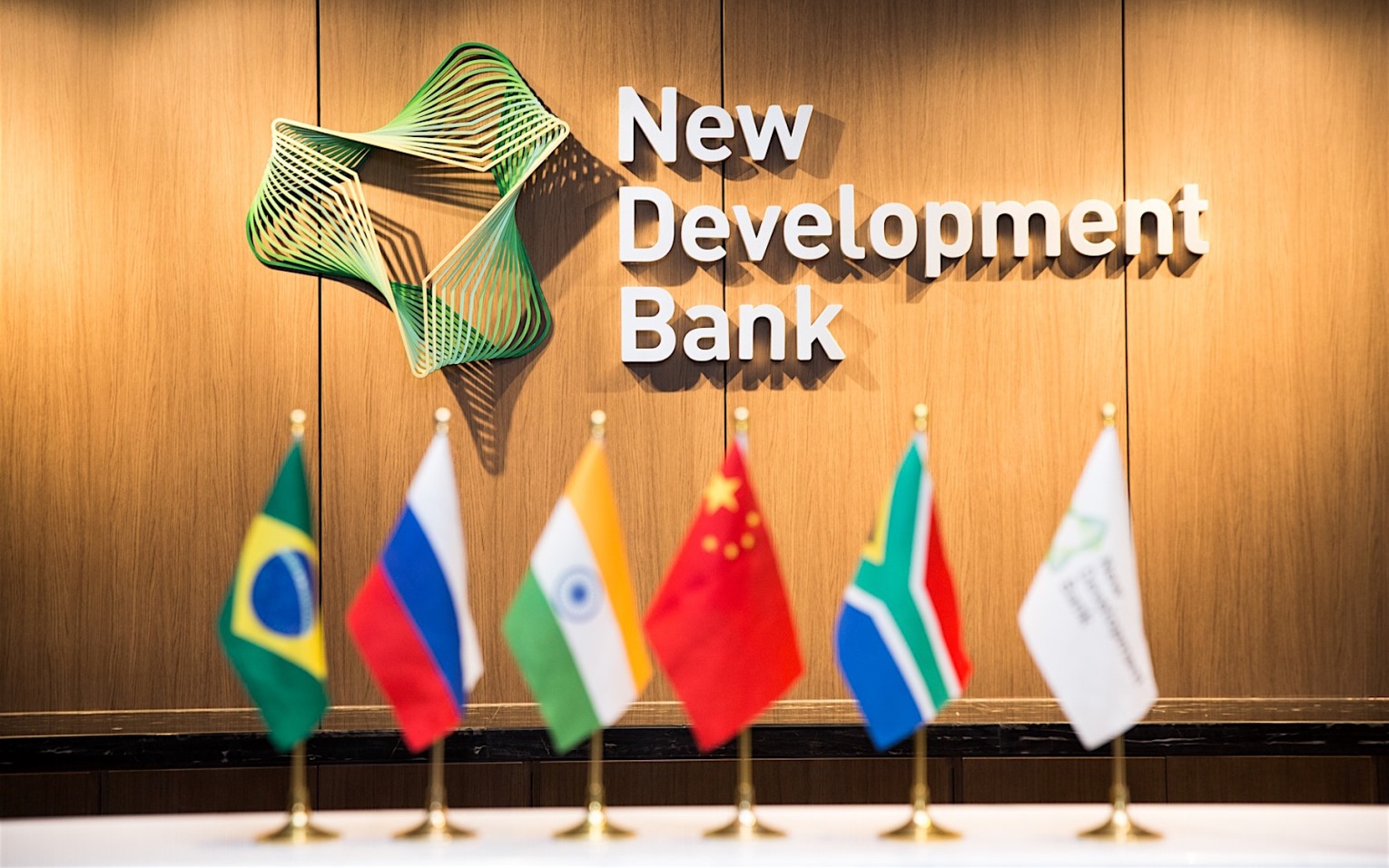


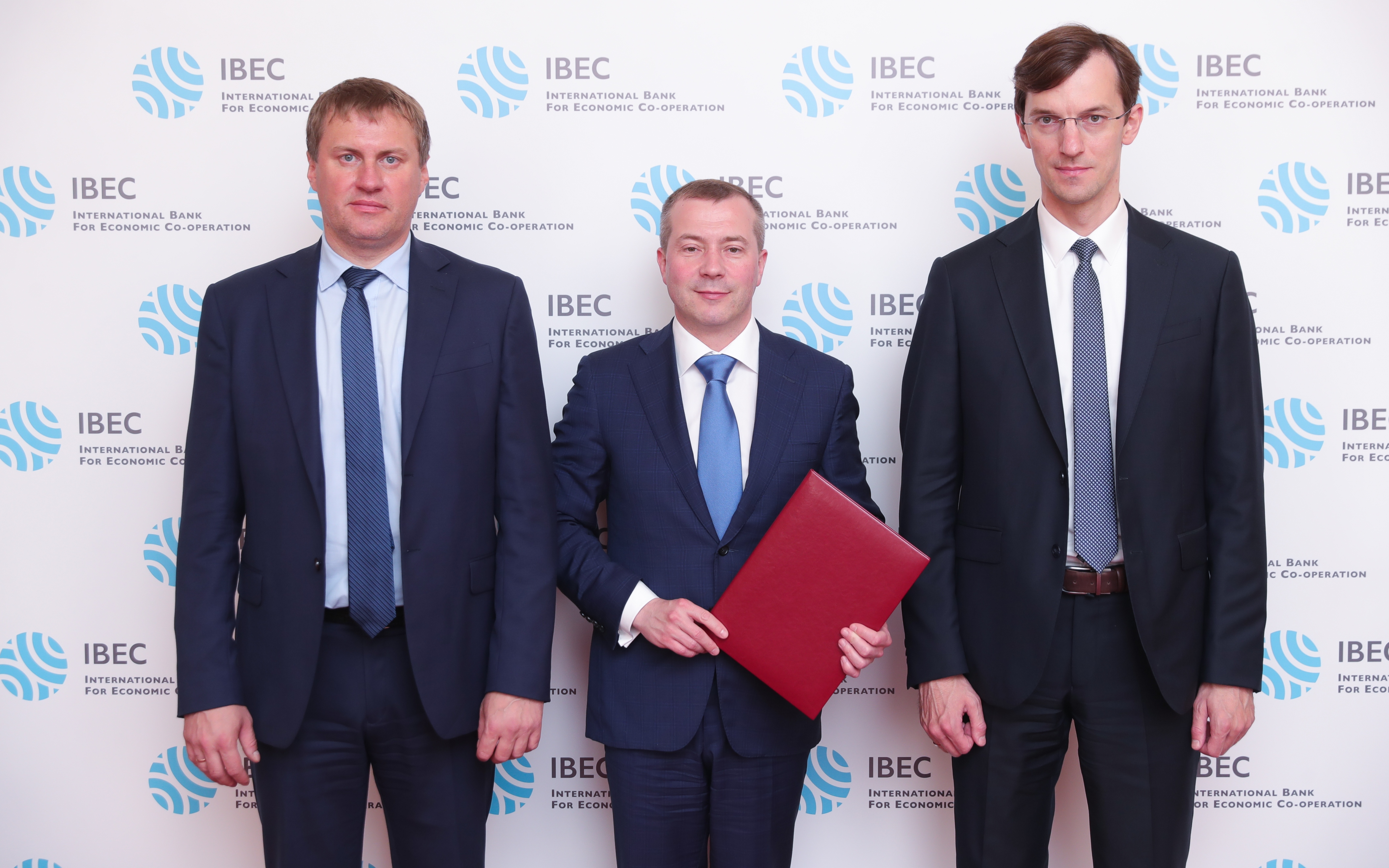
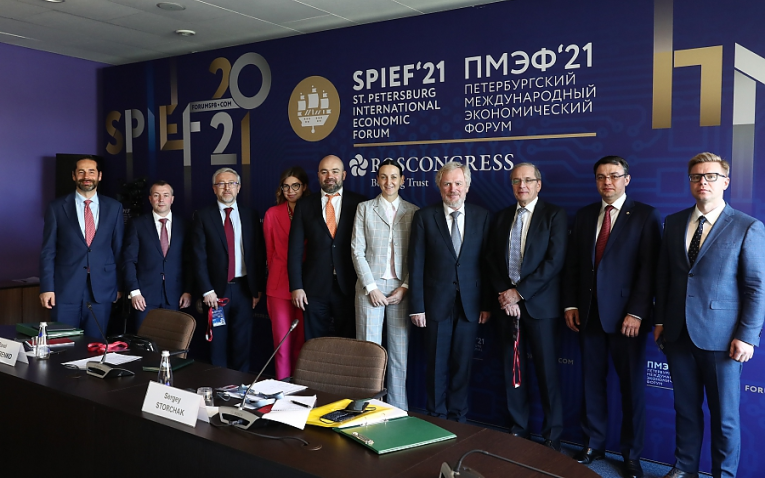
.jpg)
.jpg)
.jpg)


